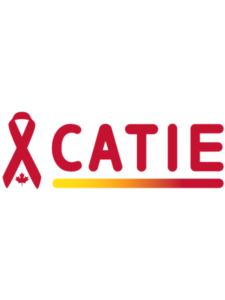
CATIE statement on hepatitis C treatment efficacy among people who use drugs
CATIE statement on hepatitis C treatment efficacy among people who use drugs
From CATIE
There has been a treatment revolution in hepatitis C: safe and highly effective direct-acting antiviral (DAA) treatment can now cure hepatitis C in as little as eight to 12 weeks. The availability of effective treatments has made the elimination of hepatitis C as a public health threat a possibility. There is strong evidence to suggest that offering treatment to the most high-risk individuals is the most effective and cost-efficient approach to achieving elimination of hepatitis C at both the individual and population levels.
Canadian hepatitis C treatment guidelines now recommend that all people with chronic hepatitis C be considered for treatment, including people who use drugs, a population that is disproportionately affected by hepatitis C in Canada. People who use drugs experience significant stigma and discrimination and are more likely to face socioeconomic disadvantages, experience medical morbidities and experience barriers to accessing health care. These factors are significant barriers to accessing hepatitis C treatment and as such, people who use drugs are traditionally an underserved population when it comes to hepatitis C treatment.
This CATIE statement summarizes the best available evidence on hepatitis C treatment efficacy among people who use drugs. This statement was developed to help service providers in Canada adapt their programs and incorporate this evidence into their messaging and support for clients. This statement begins with simple key messages, followed by recommendations for service providers and a list of available tools and resources. It also provides a review of the evidence that service providers can use for more specific discussions with clients and colleagues.

